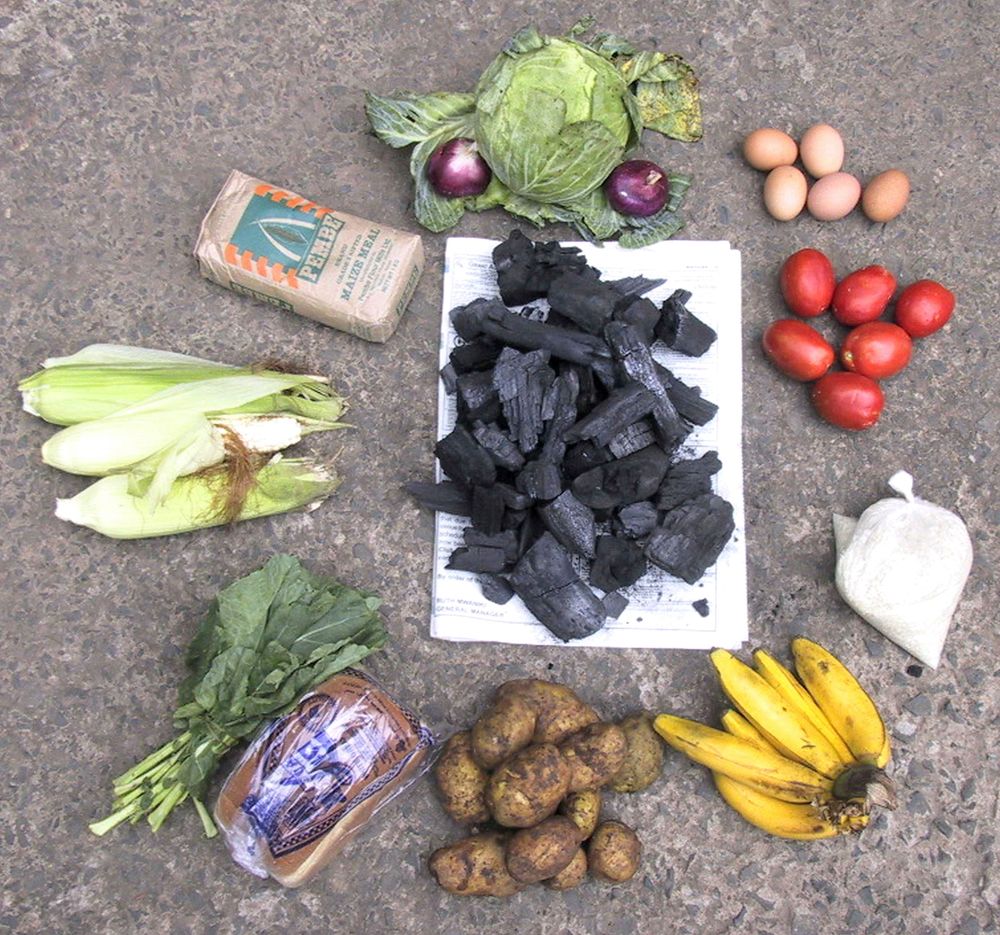
Quite a number of issues have been raised concerning human attitudes towards planet Earth, and the common notion is that we are literally running out of time with every second of neglect, indifference and indulgence.
However, it’s as though the last couple of decades have served to raise awareness about the impending catastrophic events that might turn the tide of events against our collective survival as humans, and as part of earth’s collective ecosystem. The social media have remained ever agog and many of people, most especially youths, have taken on the cause passionately. The extent of their reach all over the world is proof that the future is theirs.
Now, the world seems more alert to the many problems the planet is facing. Especially concerning factors that have to do with food availability, health, water etc. So, in a way, knowledge of the worst-case scenario has brought us to our senses and sparked global collective action.
However, as good as it sounds that the world is becoming more aware of the many negative eco-impacts and the existence of many dos and don’ts, there seems to be a bit of gap in considering the impact of these guiding principles on the less privileged and environmentally dependent people across the globe.
Lest we forget that over 350 million people are at the mercy of what they can possibly obtain from their immediate environment. An example are forest dependent people. Without their access to the forest, they simply have no alternatives to sustaining themselves. Unfortunately, a greater proportion of these globally disadvantage people live in developing countries. One thing to acknowledge is that countries in this category are typically poor economies and most are stricken by poor governance.
The absence of a good governance system in most of these countries has further exacerbated the plights of the disadvantaged people whose lives have always depended on environmental proceeds. Now that there is a consciousness as to the need for conservation and management globally, many countries have been trying to put in place relative measures in this regard.
However, as functional as these measures are in some countries, the situation is in the reverse in most developing economies because of the poor structure in governance and administration. So rather than these Earth-saving measures benefiting the populace, they have instead become an additional burden to existing problems. This in way makes the situation rather unpalatable and some people have categorized the situation as an example of eco-injustice.
The poor governance situation in many parts of the global south and most importantly, sub-Saharan Africa, has rendered many practicable Earth-saving options impossible to replicate in the context of practice and adoption. As a result, many interrelated agencies have failed in the respect of their mandates and responsibilities. This is manifested in the debilitating status of such societies.
Many international treaties and development measures have failed to take shape in most developing countries because of this poor governance problem. There is little to show with regards to the existence of local adaptation of such internationally mandated measures to protect the integrity of our planet.
Yet to the world, people in the poor economies are often envisioned as not progressive or concerned about the status of the planet. However, many of their actions are often focused on ensuring survival within a system devoid of public goods and services that would make life easier and therefore allow for eco-conscious choices.
How can we define the part of locals collecting fuel wood in the forest just to cook while there are no alternatives? Could this be termed an illegal activity?
Or rather how else can people take to measures that will curtail them from using certain part of the environment that they have traditionally relied on in the absence of provisions for alternatives.
It is an instinct of survival to rely on what can be obtained from the environment by the common people. The fault however can be better traced to the absence of a good system of governance. The absence of which will only result in corrupt practices, injustice, inefficiency, poor equity and several negativites.
As the world moves towards achieving the sustainable development goals, there is the urgent need for impactful global influence on national governments – especially those in the developing economies of sub-Saharan Africa.
The awareness and global efforts towards protecting the ecological integrity of our dear planet can only be successful when every part of the world is carried along. This can only be effective when the flow of interventions goes unhindered, reaching those who are most impacted.
People can only subscribe to making a change not just when they are well educated, but when they have the means of implementing the changes envisaged.
By Bamidele F.Oni, MasterCard Foundation Scholar (2017), University of British Columbia
& Founder, Green Impact International
